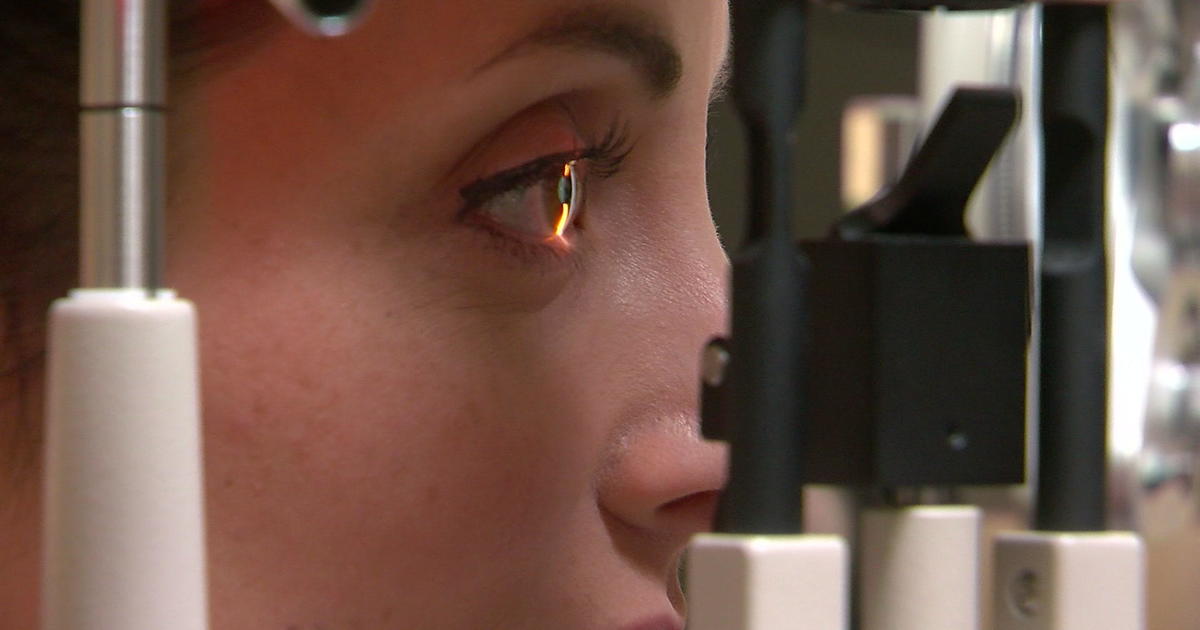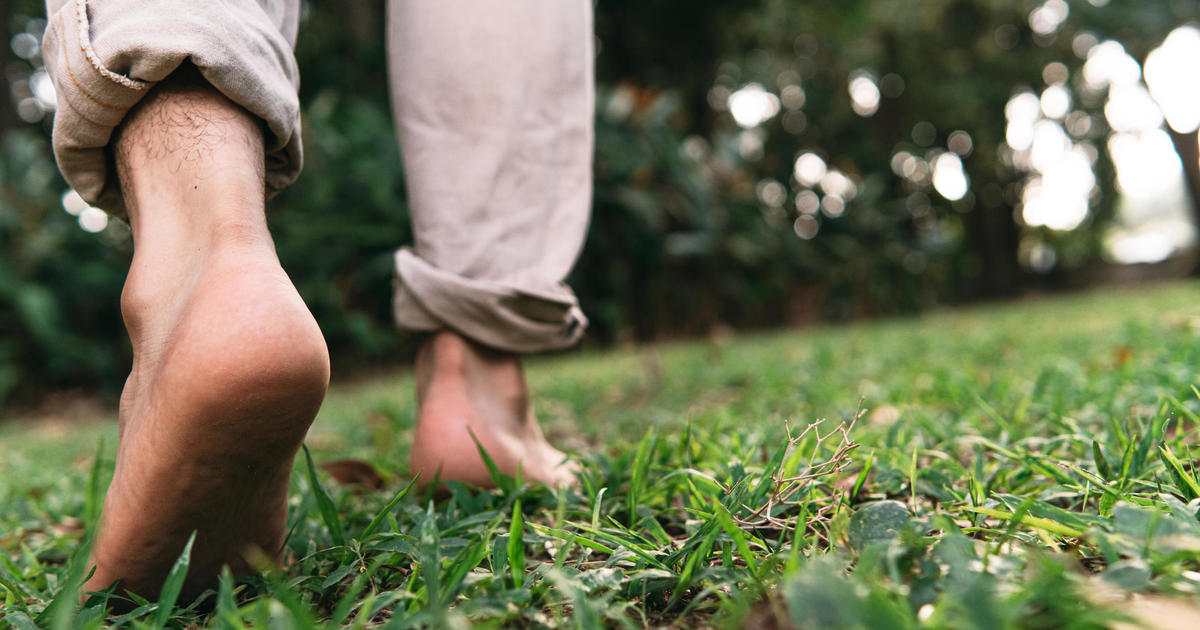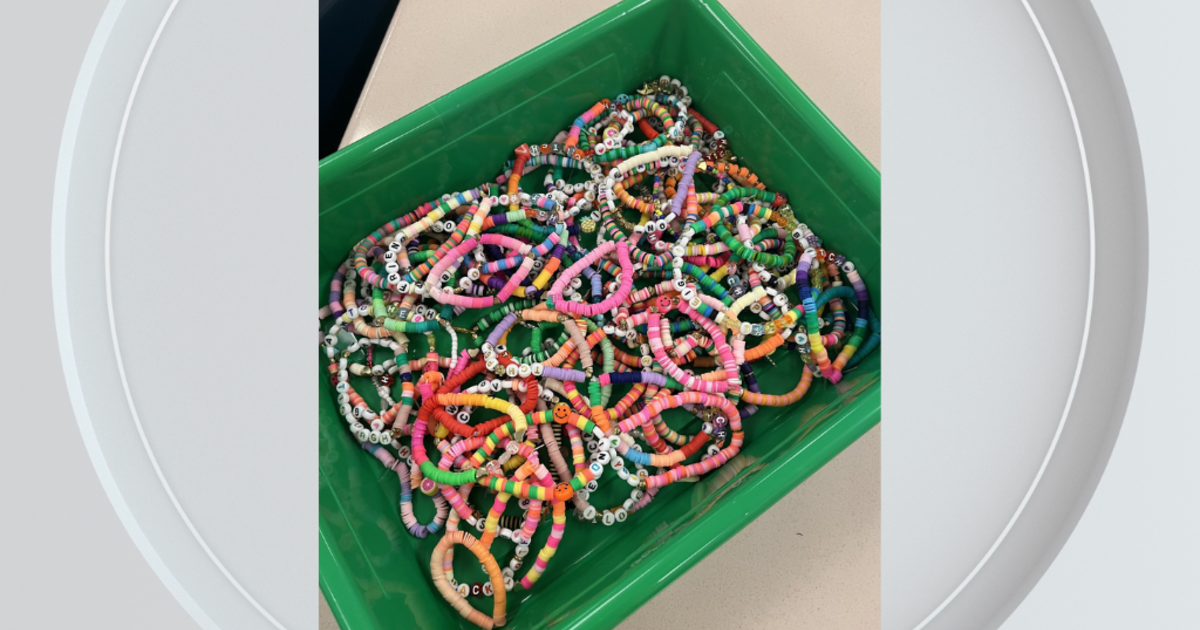Simple Steps Could Help Fix Common Eye Problem Affecting 16 Million Americans
Follow KDKA-TV: Facebook | Twitter
PITTSBURGH (KDKA) – Have your eyes been bothering you lately?
Maybe they're red or itchy? Maybe your vision is a little blurred?
While you might think it's serious, the problem could actually be something that's easily fixed.
Jessica Albert had some of those classic symptoms, but she didn't realize they were caused by dry eyes.
"Blurriness. I had no idea that was potentially a symptom," Albert said. "The pain I would get every once in a while? I assumed I had some sort of eye infection, or there was something else causing it."
"Now, we've always thought that a person would tell us their eyes were uncomfortable. When in actuality, it turns out the number one symptom is transient blurred vision, or blurred vision that seems to clear when you blink," Dr. Mark Clement, of Gateway Eye Associates, said.
Sore eyes, light sensitivity, discomfort in wind or air conditioning are some other symptoms.
Tears are made up of three layers: an oily layer, a watery layer, and a mucus layer, and these each influences the others. Tears are produced in glands in the eyelids. Breakdown of the glands, infection, and inflammation are just a few reasons why tears may not be the right amount or right consistency, which causes the eyes to dry out.
The issue was studied over 10 years in 23 countries, and a new battery of tests has been developed to check for the problem. This involves drops, pictures and examination.
"We look to see, are your tears evaporating quickly? We look to see, how much oil are you producing? We actually put some physical pressure on the person's eyelids to determine, well, is that fluid actually coming out?" Dr. Clement said.
Dry eyes affects 16 million Americans. So, who is at risk?
"We know that, as a category, Asians are more likely than whites, and whites are more likely than other ethnic backgrounds. We know that women are much more likely than men," Dr. Clement said.
Women are especially susceptible to dry eyes around the time of menopause. Contact lens wearers are also more prone to dry eyes.
Once the problem is identified, Dr. Clement has a stepwise approach:
First, an artificial tear to correct tear layer balance, a heat mask, and good lid hygiene. If dryness persists, the next step might be antibiotics or steroids.
Albert tried drops and pills, but the best thing hasn't been a medicine.
"The heating mask has actually been helping a lot. I notice a difference the next day when I use it," she said. "I don't have quite as much of the gritty feeling anymore."



